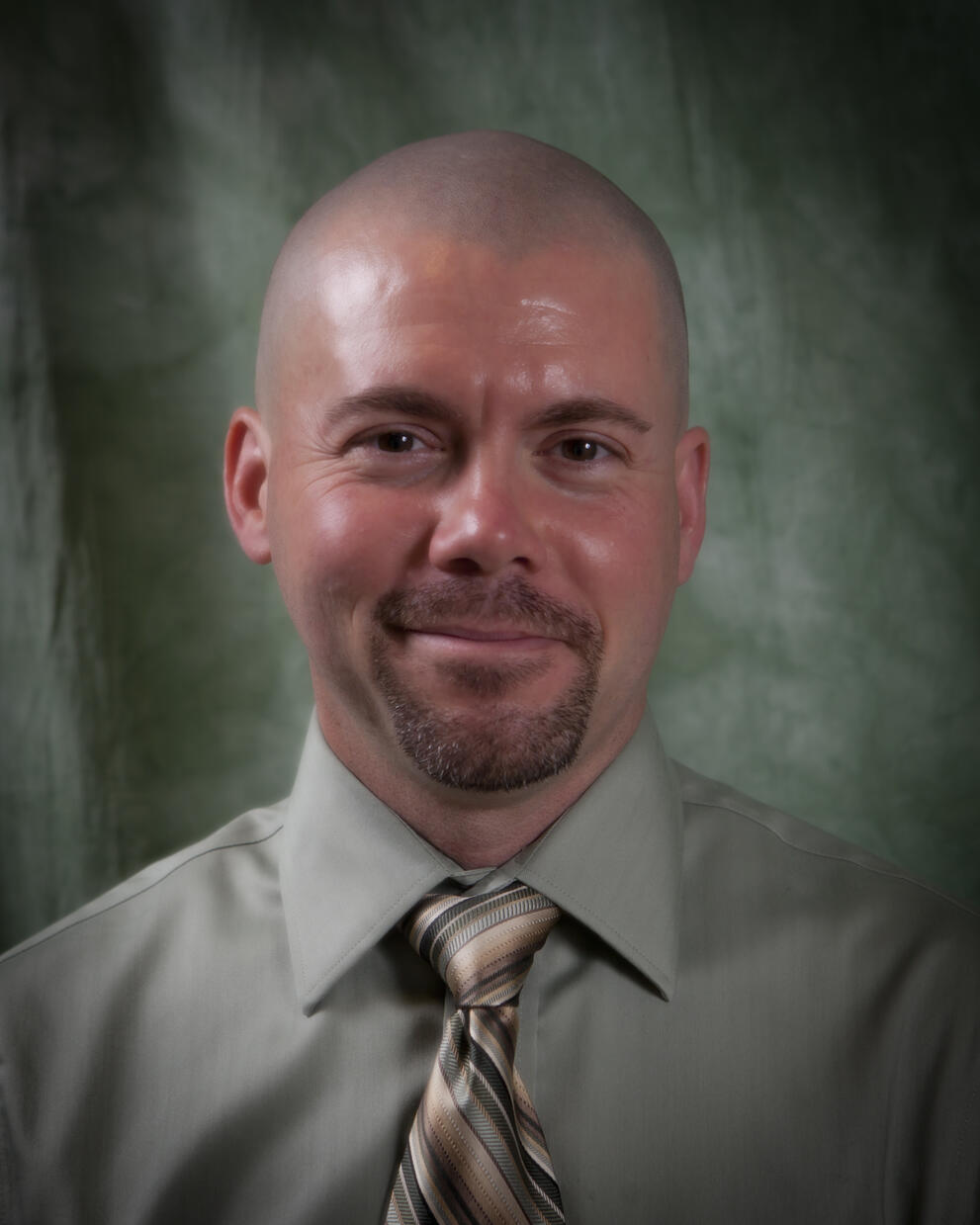Michael Rozalski
South Hall 219C
585-245-5258
rozalski@geneseo.edu
Dr. Rozalski was a member of the SOE faculty from 2001-2011, spent seven years at Binghamton University, and then returned to Geneseo in 2018.

Curriculum Vitae
Education
Education
Ph.D. August 2001
University of South Carolina, Columbia, SC
Special Education- Research and College Teaching
Cognate: Criminal Justice
M.Ed. December 2000
University of South Carolina, Columbia, SC
Educational Research
M.Ed. December 1999
University of South Carolina, Columbia, SC
Special Education- Emotional Behavioral Disorders
B.A. May 1994
St Mary’s College of Maryland, St. Mary’s City, MD
Psychology, Cum Laude
Awards
National Kappa Delta Pi Program Award, 2009
Fred and Joan Brown Award, Ella Cline Shear School of Education, 2009
SUNY Chancellor’s Award for Excellence in Teaching, 2007-2008
Phi Eta Sigma and National Order of Omega, Honorary Inductee, 2008
Outstanding Student Organization Advisor Award, Geneseo Organization for Leadership Development, 2005
Outstanding Achievement Award for Campus Organizations: Kappa Delta Pi, SUNY Geneseo President’s
Outstanding Achievement Award, 2005
Hurrell-McNaron Award, SUNY Geneseo Research Council, 2004
Publications
* indicate publications with students as co-authors
Mathur, S.R., Kern, L., Albrecht, S.F., Poland, S., Rozalski, M. E., & Skiba, R.J. (2017).
Council for Children with Behavioral Disorders’ position executive summary on
school-based mental health services. Behavioral Disorders, 43(1), 223-226. DOI:
10.1177/0198742917728355
Yell, M., Rozalski, M., & *Miller, J. (2015). Classroom management, discipline, and the
law. In E.T. Emmer & E.J. Sabornie (Eds.), Handbook of classroom management (2nd ed.)
(pp. 431-445). New York: Taylor & Francis.
Urso, A., & Rozalski, M.E. (2014). Developing training programs to save lives: Serving
students with complex or emergency healthcare needs. Physical Disabilities:
Education and Related Services, 33(1), 39-52.
Rozalski, M., Peterson, R.L., Ryan, J.B., & Losinsky, M. (2013). Proactive techniques to
prevent and reduce conflict. In R.L. Peterson, J.B. Ryan, & M. Rozalski (Eds.),
Physical restraint and seclusion in schools (pp. 51-68). Alexandria, Virginia: Council
for Exceptional Children.
Rozalski, M., Ryan, J.B., Peterson, R.L., & *Sutton, M. (2013). De-escalating conflict and
aggressive behavior. In R.L. Peterson, J.B. Ryan, & M. Rozalski (Eds.), Physical
restraint and seclusion in schools (pp. 69-86). Alexandria, Virginia: Council for
Exceptional Children.
Peterson, R.L., Ryan, J.B. & Rozalski, M. (Eds.). (2013). Physical restraint and seclusion
in schools. Alexandria, Virginia: Council for Exceptional Children.
Rozalski, M. E., *Stewart, A., & *Miller, J. (2010). Bibliotherapy: Using children’s
literature to reach students experiencing difficult situations. Kappa Delta Pi Record, 47(1), 33-37.
Rozalski, M. E., *Stewart, A., & *Miller, J. (2010). How to determine the Least Restrictive Environment for
students with disabilities. Exceptionality, 18(3), 151-163.
Rozalski, M. E., Katsiyannis, A., Ryan, J., Collins, T., & *Stewart, A. (2010). Americans with Disabilities Act
Amendments of 2008. Journal of Disability Policy Studies, 21(1), 22-28.
Presentations
Rozalski, M. E. (2018, July). Are your students with Emotional and Behavioral Disorders
not willing to talk about emotions? Try bibliotherapy. Paper presented at the annual
international meeting of the Council for Exceptional Children’s Division of International Special
Education and Services, Cape Town, South Africa.
Rozalski, M. E., & *Warner, J. (2017, October). What does case law teach us: How to create
legally-sound IEPs. Paper presented at the annual meeting of the New York State
Council for Exceptional Children, Binghamton, NY.
Rozalski, M. E., & *Weinstein, S. (2017, October). Children and adolescent literature as an
intervention tool for students facing difficult life situations. Paper presented at the
annual meeting of the New York State Council for Exceptional Children, Binghamton, NY.
Rozalski, M. E. (2017, May). Children and adolescent literature as an intervention tool for
students with emotional and behavioral difficulties. Paper presented at the annual
meeting of the Athens Institute for Education and Research, Athens, Greece.
Yell, M. L., & Rozalski, M. E. (2016, April). Developing educationally meaningful and
legally sound IEPs: Avoiding procedural and substantive errors in IEP development.
Paper presented at the annual meeting of the Council for Exceptional Children, St. Louis, MO.
Rozalski, M. E., Andrus, B., & *Kaplan, R. (2015, November). Using children’s literature to
create acceptance in inclusive classrooms. Paper presented at the annual meeting of
the New York State Council for Exceptional Children, Saratoga Springs, NY.
Rozalski, M. E. (2013, June). Using bibliotherapy to help students struggling with difficult
personal experiences. Paper presented at the annual meeting of the Hawaii University
International Conference, Honolulu, HI.
Professional Affiliations
Council for Exceptional Children (CEC)
Council for Children with Behavioral Disorders (CCBD)
Kappa Delta Pi (KDP), International Honor Society in Education
Research Interests
My research interests include classroom and school-wide supports, including alternatives to aversive procedures like seclusion and timeout, and legal issues related to students with disabilities.
